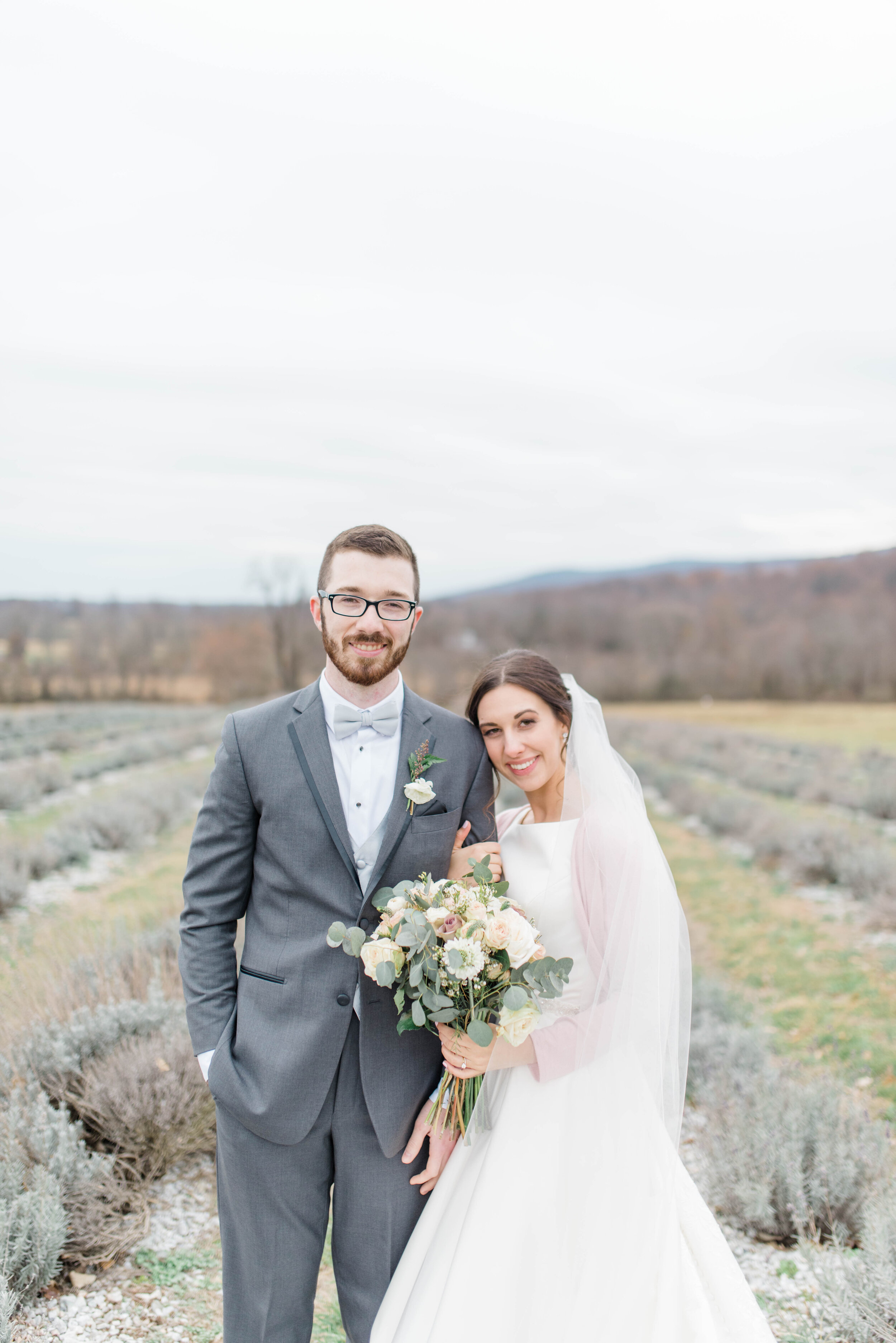How My Running Shoes Prepared Me for Marriage
/JOHNNA WILFORD
I got married on October 6, 2018. A year before that, my husband and I I had been dating a little over a year. And a year before that, I was living by myself in Los Angeles, recently dumped by someone I thought was (finally) a good guy for me. And I wasn’t Catholic.
How quickly things can change.
It took a lot of personal growth and therapy for me to make the transition from a clingy, single Episcopal girl to a confident, engaged Catholic woman. However, I truly believe the thing that prepared me the most for coming home to the Church--and to my marriage--was running.
Running eased my anxiety. It led me to the Catholic Church. Ever since I became engaged I’ve desired to express the ways my running habit taught me how to be in a healthy, adult relationship.
Below, quotes from the Catechism of the Catholic Church’s explanation of the sacrament of marriage, and how they relate to my running life.
God himself is the author of marriage (1603).
Like anything else, my marriage starts with God. At the time I was dumped by the guy I was dating in Los Angeles, I was training for my first full marathon. The date of that race was February 14th--Valentine’s Day. I don’t think this was a coincidence.
In my training, I learned exactly how strong I was physically and mentally. At the same time, I was learning to remember I deserved love. Not despite the fact that I was single. But because I was created by God, who knew me intimately and wanted the best for me.
This combination of a spiritual revelation with my physical accomplishment made the race day even more special. It was like I was spending Valentine’s Day with God; the support and encouragement from all of my friends that came to cheer me on during the race was directly from Him.
Marriage helps to overcome self-absorption, egoism, pursuit of one's own pleasure (1609).
I think running creates saints in the same way marriage does. While training for my marathon, there were many times I had to say no to going out late with friends to prepare for an early-morning long run the next day. Going out was a short-term pleasure, while doing well in my race was a long-term one. Sometimes it’s necessary to forgo one for the other.
Running really helped me distinguish between earthly and heavenly pleasure, a distinction I can now apply to my marriage.
When, for example, my husband is coming home from a work trip on a Saturday at midnight and I need to pick him up from the airport, I get grumpy about the obligation--especially since we’ll need to wake up early for Mass the next day. But I want to be a good person in general by helping out someone in need. I want to show my husband my love by picking him up myself, instead of asking someone else to do it. And I want to experience Jesus in the Eucharist the next day, even though I may be bleary-eyed and would sort of rather be sleeping in.
Though that’s a small example, and though it’s always a struggle to get myself out the door for a run when I would rather be binge-watching something, I think being a regular runner ensures that I experience this rejection of my ego constantly.
Marriage helps to…open oneself to the other, to mutual aid and to self-giving (1609).
Before I started learning more about the Catholic Church, I was a little hostile to some of her teachings.
No sex before marriage? I can understand that for one-night stands. But what if you’re in a committed relationship?
No artificial birth control? Puh-lease. I want kids, but I don’t want dozens of them!
Running gave me the necessary understanding to dive deeper into these teachings once I was open to doing so. My husband and I had engaged in premarital sex, but once I realized sex was a beautiful way of engaging in the marital sacrament, we stopped. We weren’t even engaged yet--and it would be almost a year and a half until we were--but we knew why it was important.
It wasn’t easy, of course. But neither is running 26.2 miles, or climbing a couple of feet off the ground with nothing but a tiny rope (my husband’s favorite form of exercise is rock climbing).
And since we both could do that, we knew we could save sex for marriage, whether it was ultimately with each other or not.
As for the artificial birth control issue, I am forever grateful to the Church for offering Natural Family Planning. I took up running because I wanted to be the healthiest version of myself I could be. The sport taught me to pay close attention to my body and discern what was normal, and what needed to be addressed through self-care or the help of a professional.
So it was easy to translate that mentality into tracking my fertility once I learned about NFP. I wasn’t even engaged when I started using the sympto-thermal method, but it was so useful for me even without the prospect of marriage. I am now in the process of becoming a sympto-thermal teacher myself, since I hope to teach single women in particular that fertility awareness can point out health issues long before marriage is even on the horizon.
Whether you’re single, engaged, or married, I encourage you to try running. It’s a great way of learning more about the virtues Jesus and all of the saints modeled for us. And I believe it cultivates a mindset that will help your marriage flourish.
About the Author: Johnna Wilford helps women design health and wellness routines that fit into their lives. She is a RRCA-certified running coach, a POP Pilates instructor, and a SymptoPro Fertility Educator in-training. She is also the Co-Founder of the online community Catholic Women Run.








































